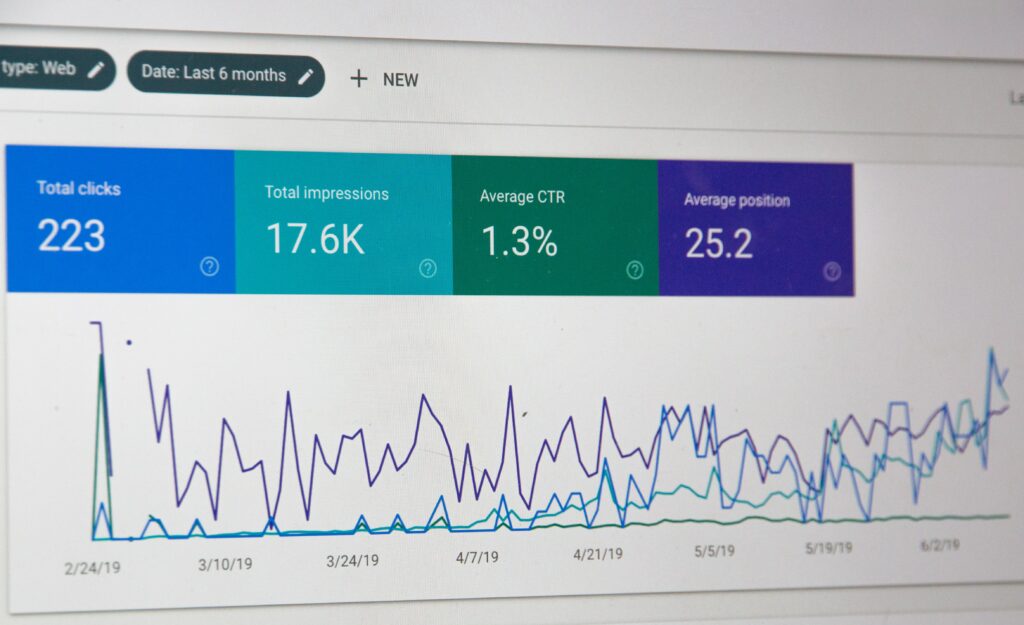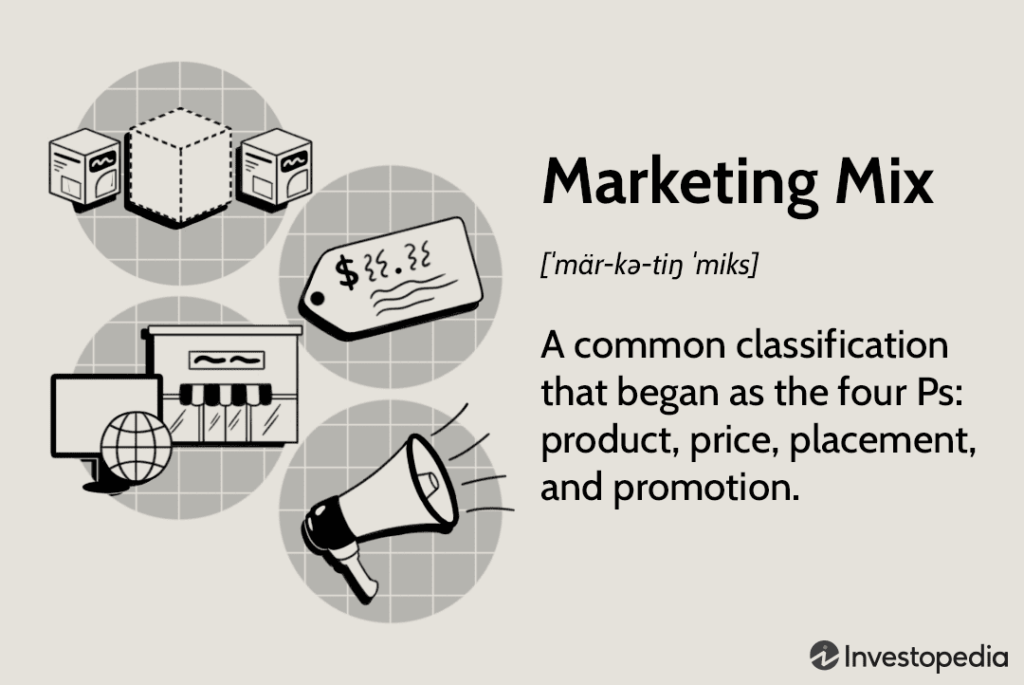No matter how brilliant your product is, it won’t sell itself. In today’s competitive market, even the best offering needs a clear voice, smart strategy, and consistent visibility to stand out. This is where marketing becomes crucial, not as a secondary consideration, but as an integral part of your business operations.
Whether you’re just launching or looking to boost existing sales, here are essential marketing tips for your business that will help you connect with customers, build a strong brand, and drive results.
1. Know Your Customer Inside Out
Before investing in ads or content, please take a moment to consider: who exactly is our target audience? Your marketing efforts are only as strong as your understanding of your ideal customer.
Here are some ways to get to know your audience:
- Conduct surveys or interviews with your current customers.
- Attend local events and interact with people in person.
- Engage on social media — respond to comments, run polls, and ask for feedback.
- Monitor your competitors. What are their customers saying? What kind of posts are working?
Ask yourself:
- What problems does my product solve?
- What are my customer’s goals, fears, and values?
- Where do they hang out online?
- Who do they trust or follow?
The more detailed your customer profile, the more personalised and effective your message will be.

2. Build a Brand That Connects
Once you understand your audience, you can begin shaping a brand identity that resonates. Your brand isn’t just a logo — it’s your voice, personality, values, and the emotional response you want to evoke.
Build a brand that stands for something:
- Create a brand story: Why do you exist? What’s your mission?
- Define your tone of voice: formal, friendly, quirky, or bold?
- Choose colours and fonts that align with your message.
- Establish core values: think sustainability, innovation, trust — whatever fits your ethos.
This clarity makes it easier to keep your marketing consistent across platforms. Every caption, email, or ad should reflect who you are as a brand.

3. Make Your Website Your Best Sales Tool
Your website is your digital shopfront. It’s where potential customers decide whether or not to trust you. Even if you sell on third-party platforms, a well-designed, quick, and informative website adds credibility.
Your site should:
- Load fast (ideally under 2 seconds).
- Look excellent on all devices (mobile, tablet, desktop).
- Be easy to navigate, with clear call-to-action buttons.
- Include an eCommerce function if you sell online.
- Use professional images that support your content.
Don’t let clunky design or broken links put people off. Use beginner-friendly platforms like WordPress, Wix, or Squarespace to build a clean, responsive site — with plugins for features like online shops, forms, and booking tools.
Content matters too. Keep your copy:
- Short and to the point
- Focused on benefits, not just features
- Supported by relevant visuals (use stock photos from trusted platforms like Pixabay)
And don’t forget about SEO — using keywords your customers are searching for helps Google find and rank your site.

4. Use Content to Educate and Engage
Content marketing helps you stay visible, build trust, and bring people to your site organically.
Try:
- Blog posts that answer common questions in your industry
- How-to guides or tutorials
- Short videos for social media
- Email newsletters with tips, offers, and updates
Your content should offer value, not just sell. When people trust your advice, they’re more likely to buy from you.
5. Diversify Your Marketing Channels
Don’t put all your energy into one platform. Your customers engage across various channels, so it’s important to connect with them wherever they are.
Here’s where to start:
- Instagram or Pinterest for visual brands
- LinkedIn for B2B marketing
- Facebook Groups for community-building
- Google Ads or Meta Ads for paid reach
- Email marketing for retention
Choose 2-3 platforms to concentrate on and excel in them, instead of overstretching yourself.

6. Track Your Results and Tweak Your Strategy
Marketing is a continuous process. You need to constantly review your data to understand what’s working — and what isn’t.
Track:
- Website traffic (use Google Analytics)
- Social media engagement
- Email open and click-through rates
- Sales conversions from ads or promotions
Use this data to test new ideas, refine your message, or double down on what works best.

Final Thought: Consistency Beats Perfection
You don’t need flashy ads or a massive budget to succeed in marketing. What matters most is consistency, clarity, and connection. Know your audience. Build a brand they trust. Use your website and content to guide people toward your products — and never stop refining as you grow.















